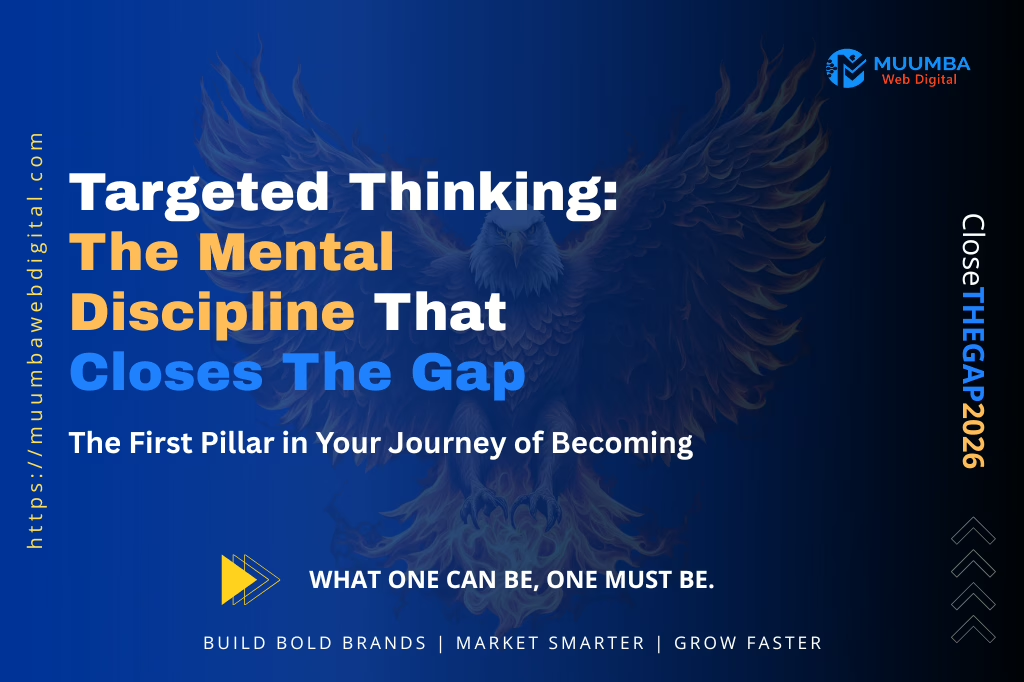
Parasite SEO Explained: What It Is, Why It Matters, and How Google Is Responding
How marketers exploit high-authority domains to manipulate search rankings and what you need to know to stay ahead.
What Is Parasite SEO?
Parasite SEO is a tactic used by marketers and affiliate content creators to rank high in search engine results by publishing content on high-authority third-party domains (like news sites, job boards, or educational platforms) instead of their websites. The name “parasite” originates from the concept that these creators are “latching onto” the host domain’s domain authority to manipulate rankings for competitive keywords, particularly commercial ones.
For example, instead of trying to rank a review article on their site, a marketer might post it as a paid post or user-generated content on a high Domain Authority (DA) site that already ranks well with Google. The content may include affiliate links, lead capture forms, or promotional offers that benefit the marketer, not the hosting site.
What Is Parasite SEO?
Parasite SEO muddies the quality of search results. While some instances involve high-quality content, many are spammy, misleading, or poorly written. This leads to:
- User trust issues
- Reduced content quality on reputable sites
- Difficulty for authentic small businesses to rank organically
Unfortunately, some reputable media sites and directories knowingly allow this in exchange for payment, often blurring the line between earned authority and pay-to-play visibility.
Google's Response to Parasite SEO
Google has been actively monitoring and responding to the rise of Parasite SEO. In fact, the June 2024 and March 2024 Core Algorithm Updates directly targeted this practice:
1. Algorithmic Demotions
Google’s March 2024 Core & Spam Update: Targeting Parasite SEO
What It Did:
- Combined enhancements to its core ranking algorithm with a spam-focused update, aiming to weed out low-quality, unoriginal content
- Introduced and enforced new spam policies targeting:
- Scaled content abuse – mass-produced, low-value content built to game search rankings
- Site reputation abuse (a core type of Parasite SEO) – third-party content on high-authority domains ranking solely because of domain reputation, not due to usefulness
- Expired domain abuse – purchasing old domains and repurposing them with thin or promotional content to exploit past authority
Impact:
- Google’s algorithmic shifts and penalties reduced low-value, unoriginal content by ~40–45%, allowing genuine, helpful content to surface more frequently
- Websites that published thin or affiliate-heavy content on high-authority platforms saw significant declines in rankings
- Scaled content abuse: Mass-produced, low-value content built to game search rankings
- Site reputation abuse (a core type of Parasite SEO): Third-party content on high-authority domains ranking solely because of domain reputation, not due to usefulness
- Expired domain abuse: Purchasing old domains and repurposing them with thin or promotional content to exploit past authority
Google's Announcement:
Read Google’s announcement: New ways we’re tackling spammy, low-quality content (March 5, 2024)
2. Site Reputation Abuse Enforcement (June 2024)
In June 2024, Google began manual actions against websites that allowed hosted or sponsored content to rank solely based on the site’s domain authority. Google now explicitly penalizes site reputation abuse, which includes:
Google’s June 2024 Spam Update: Broadening the Spam Net
What It Did:
- Rolled out from June 20–27, 2024, targeting a wide array of spam violations, including auto-generated content, hidden redirects, and deceptive tactics
- Clarified that this update was not automating the site reputation abuse policy - manual enforcement for Parasite SEO continued
Impact:
- Sites found to violate general spam rules (for instance through AI-content abuse, hidden redirects, or thin content) faced ranking penalties or removal from search results .
- Legitimate sites adhering to Google’s guidelines often benefited as spammy competitors were demoted
Google's Announcement:
While there was no official blog post, it was confirmed via Google Search Central X/Twitter and the Search Status Dashboard in late June 2024. You can read more on Search Engine Journal.
2. Greater Transparency & Best Practices
- Use rel="nofollow" or rel="sponsored" tags for affiliate or paid links
- Clearly disclose sponsored content
- Apply editorial standards to all user-submitted content
These changes are part of Google’s broader effort to uphold the integrity of its search results.
Key Takeaways & What They Mean for You
Insights & Recommendations
Insight 1
Parasite SEO behavior may offer fast rankings but develops little long-term value and now faces algorithmic and manual enforcement.
Recommendation
Build and own your content on your own website.
Insight 2
Creating useful, original, and well-edited content is the best way to remain visible and avoid penalties.
Recommendation
Focus on people-first content, not shortcuts.
Insight 3
Even reputable publishers are not immune. All content is evaluated, regardless of domain authority.
Recommendation
Insight 4
Manual actions are in play, not just algorithms. Persistent abuse can lead to more severe consequences.
Recommendation
Monitor your site in Search Console and fix any flagged issues promptly.
Final Thoughts: Strategy Over Shortcuts
Google’s March and June 2024 updates reflect a decisive shift: parasite tactics are no longer tolerated, and Google is rewarding quality, not shortcuts.
At Muumba Web Digital, we believe SEO should be built on strategy, transparency, and long-term value, not loopholes or gimmicks.
If you’re a business owner trying to rank well in search, don’t fall for shortcuts. Parasite SEO may work temporarily, but it risks damaging your credibility and visibility in the long run. Instead, focus on building high-quality, owned content on a fast, secure website optimized for real human engagement.
Want to build a long-term SEO strategy that works? We’re here to help. Let’s talk about your goals, audit your site, and position your business for authentic, sustainable growth.
Explore our SEO solutions to learn more about our approach and methodology, and/or connect with us on Alignable, Substack, Facebook, LinkedIn, and YouTube.
Let's build something that lasts!
Join Our Email List!
Stay ahead of the curve! Subscribe to our newsletter for exclusive deals, expert digital marketing insights, and the latest technology trends and updates.
Hal Ngoy
Founder & CEO of Muumba Web Digital Entrepreneur. Kingdom Builder. Transformational Mentor. My passion is to inspire radical, inside-out transformation that awakens people to their divine potential and destiny. As Founder & CEO of Muumba Web Digital, I lead a creative branding and digital marketing agency dedicated to helping brands grow through strategic design, marketing, and web development. Rooted in Kingdom entrepreneurship, my work is built on excellence through transformation, not just for profit, but to build a legacy and advance societal renewal.
All Posts



